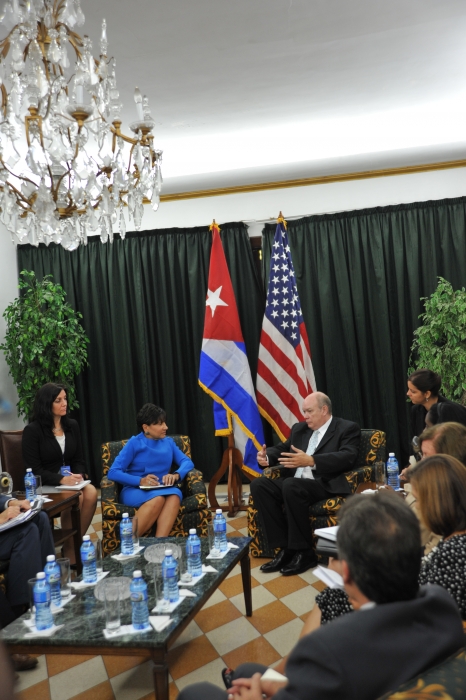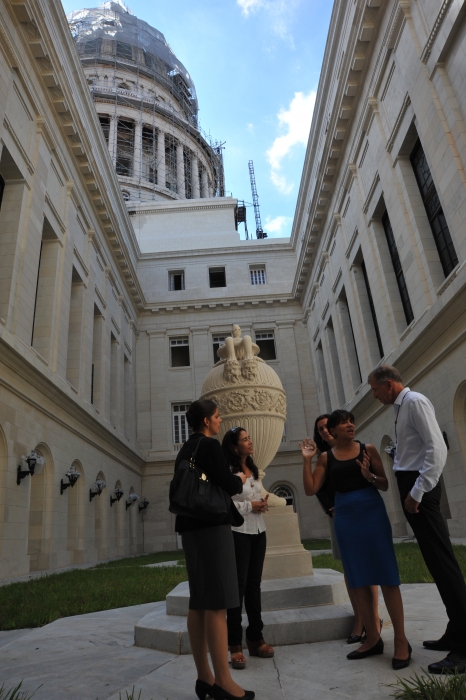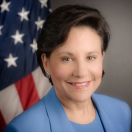
This blog is cross-posted from the Department of Commerce.

On December 17, 2014 President Obama made the historic announcement that the United States would no longer be held captive by the past and would instead move toward normalizing relations with the island of Cuba.
This shift in policy was rooted in a fundamental desire to improve the lives of people in both our nations. We want to help the Cuban people connect to the global economy and enjoy a higher standard of living, while also giving the people of the United States an opportunity to learn about a country that is only 90 miles off our shores.
To help us achieve these goals, during the past year we have eliminated certain restrictions on remittances, eased limits on exports and imports to the Cuban private sector, allowed trade in the telecommunication and agriculture sectors, and made changes to facilitate authorized travel to the island.
It will take time for these actions to truly change the lives of the Cuban people. And the impact of our changes will be dependent on steps that the Cuban government takes to reform its economy, update its regulatory system, and provide the people of Cuban the opportunity to build better futures.
Our two governments have made significant progress over the past 365 days. The United States and Cuba have held talks on telecommunications and expanding access to Internet and mobile services for Cuban citizens. While access remains restricted and out of reach for many, more Cubans are getting online today than ever before. We will continue to prioritize and support the unrestricted flow of information in Cuba and between Cuban citizens and the rest of the world.

Last October, we held the first ever U.S.-Cuba Regulatory Dialogue, an engagement designed to open new avenues of cooperation with our Cuban counterparts in order to maximize the positive impact of U.S. regulatory changes. Officials from Commerce, State, and Treasury joined their Cuban counterparts in Havana for two days and came away with new insights into the Cuban economy and regulatory system. We are hopeful this dialogue will continue. If our new regulations are to succeed in empowering Cuban citizens and the nascent Cuban private sector, as well as making it easier for U.S. firms to do business on the island, our bilateral engagement must be sustained.
I had the opportunity to see some of the progress and changes underway in Cuba when I traveled to Havana in October of this year. Most importantly I had the chance to talk face-to-face with a number of senior Cuban officials, some of whom had never met with a representative of the U.S. government. I also spoke with foreign ambassadors posted in Cuba and members of Cuba's emerging private sector. After so many years without relations, building confidence and trust was an essential component of our interactions with Cuban officials. I came away convinced that a policy of engagement will yield benefits that a policy of isolation never could.

Looking ahead, the Obama Administration will continue to strongly support lifting the embargo and urge Congress to take action to repeal it in the near future. In the meantime, we will continue to support greater economic independence and increased prosperity for the Cuban people.
Today, one year into this new chapter in U.S.-Cuba relations, I am more confident than ever that if we continue taking the necessary steps, over time we can build a more open, collaborative, and prosperous relationship between the people and governments of our two nations.


